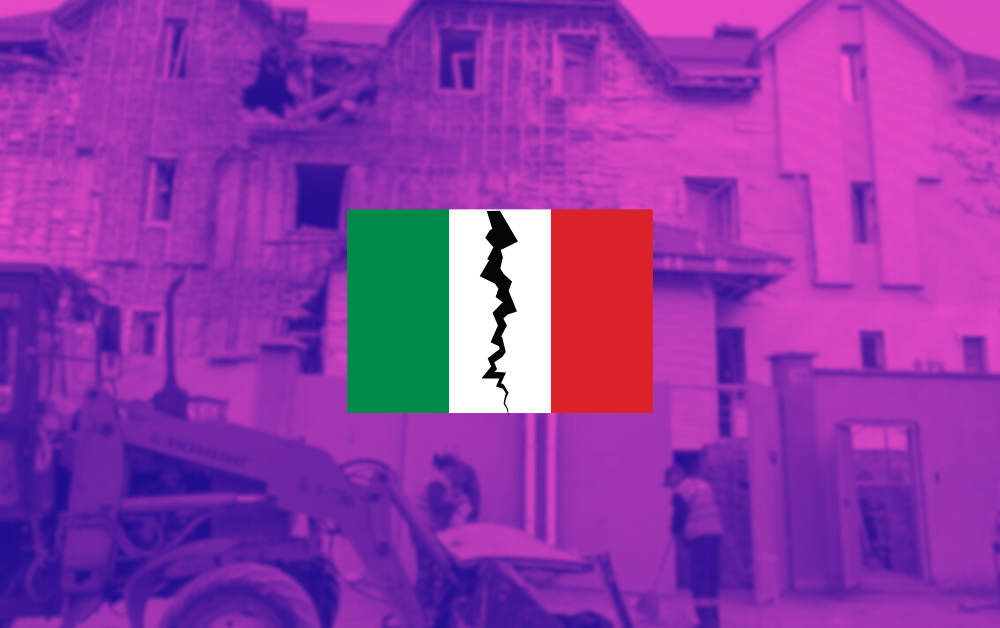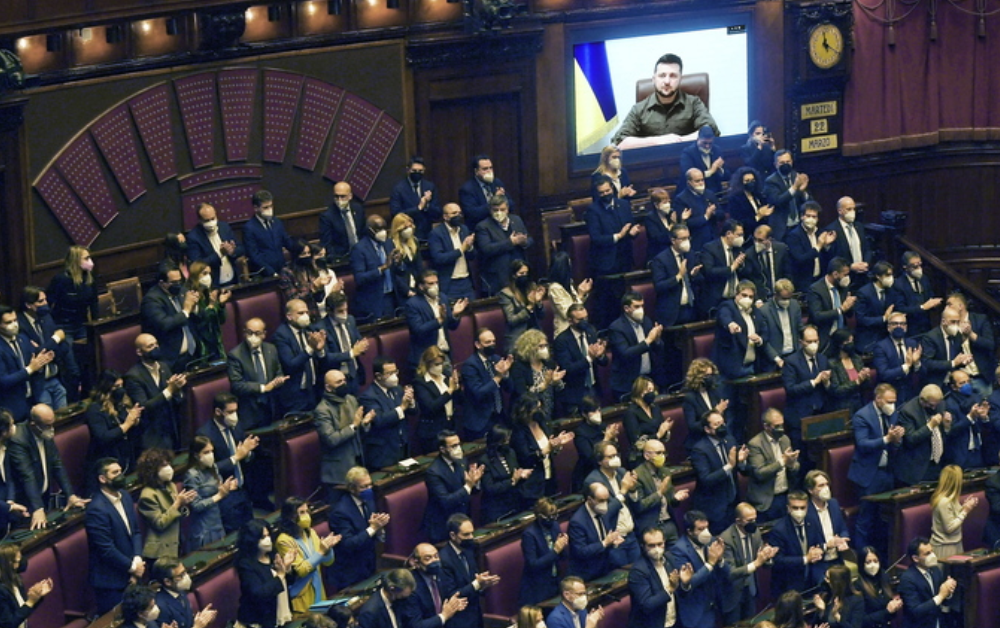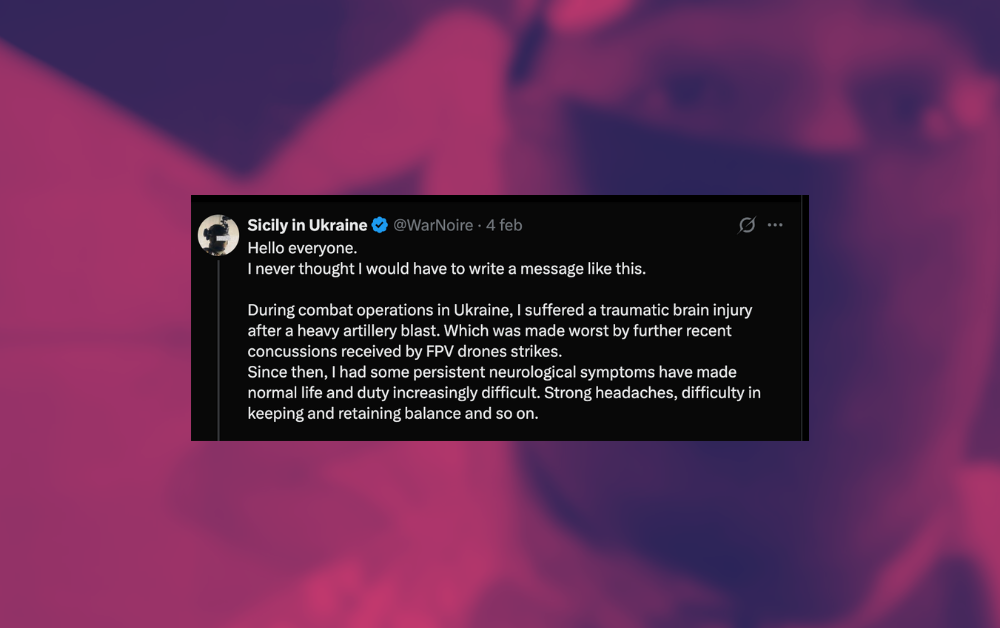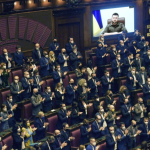On April 25, 2025, on a quiet spring day, an explosion abruptly shattered the calm of a residential neighborhood in Yevpatoriya, Crimea. Recounting those moments is Giovanni Nuvoli, an Italian citizen who has lived for years in this city on the Black Sea. His home was struck by a Ukrainian drone.
The aircraft, loaded with explosives and steel ball bearings to increase its destructive effect, caused severe damage to his home and to nearby houses. He and his son survived only because, just moments before the impact, they had taken shelter in the basement.
“When it exploded,” he recalls, “it was like a jolt, the house shook, the windows shattered. I knew right away it was a drone — two had already flown over the roof. I checked inside: a disaster. Then I went outside and saw that the neighbors’ houses had also been damaged. Russian authorities arrived immediately and reassured me they would take care of everything. That gave me some comfort.”
According to a Russian forensic report, the drone’s engine had been manufactured by the Italian company Gilardoni. For Nuvoli, this detail is decisive: “It means that material made in Italy was used to target an Italian citizen. That’s extremely serious.”
The Letter to the Embassy and the Compensation Claim
On August 7, 2025, Nuvoli sent an official communication to the Italian Embassy in Moscow, the Consulate General, and the Honorary Consulate in Krasnodar. He reconstructed the attack, explained the actions he took immediately afterward, and denounced the total absence of contact from the Italian authorities.
In the letter, he made two requests: compensation of €500,000 for material and moral damages, and the initiation of the procedure to renounce his Italian citizenship. He warned that, in the absence of action, he would offset the damages through targeted tax evasion within 30 days, thereby reducing tax revenues to the state.
When asked why he linked the compensation to the renunciation of citizenship, he replied without hesitation: “Being an Italian citizen is useless. After the attack, no one contacted me. More than three months have passed. You could die, and no one would care.”
He then recounted an episode that, for him, is emblematic: to renew his Italian driver’s license, he waited two years because he was asked for a “Ukrainian” medical certificate in Crimea, which he cannot obtain. He presented a certificate issued in Russia, but it was rejected.
Accusations Against Italy and the European Union
In his statement, Nuvoli also addressed public opinion: “Being Italian does not mean being protected. Italy and the European Union have chosen to support Ukraine in a war that Kyiv cannot win. The longer it goes on, the more territory Ukraine will lose, and in the end it will disappear as a state.”
For him, the abandonment is not limited to those living in Russia or Crimea, but applies to Italians abroad in general. He gives the example of his pension: “I have a small Italian pension, and collecting it in Russia was a nightmare. Six months without receiving it, with Citibank and INPS talking about sanctions. But the Council of Europe wrote to me clearly that there are no sanctions on pension payments to Russia. I sent the proof to both the bank and INPS, but it was useless.”
The Decision to Cut Ties with Italy
Beyond economic issues, the feeling of being ignored weighs heavily. “If you protest,” he says, “you’re treated like a nuisance. Many Italians complain about consular services, but they don’t speak out for fear. I, on the other hand, want to cut ties. Italy no longer represents me.”
In the letter, he asks for precise instructions to renounce his citizenship, inquiring whether he must go to Moscow or if the procedure can be completed during any consular opening hours. If he does not receive a reply within 15 days, he will act independently.
The case raises several questions about consular protection, Italy’s indirect involvement in the conflict, and the relationship between the state and its citizens abroad. For Nuvoli, however, the decision is already made: “I don’t want anything more to do with Italy. My life is here, and here it will remain.”










